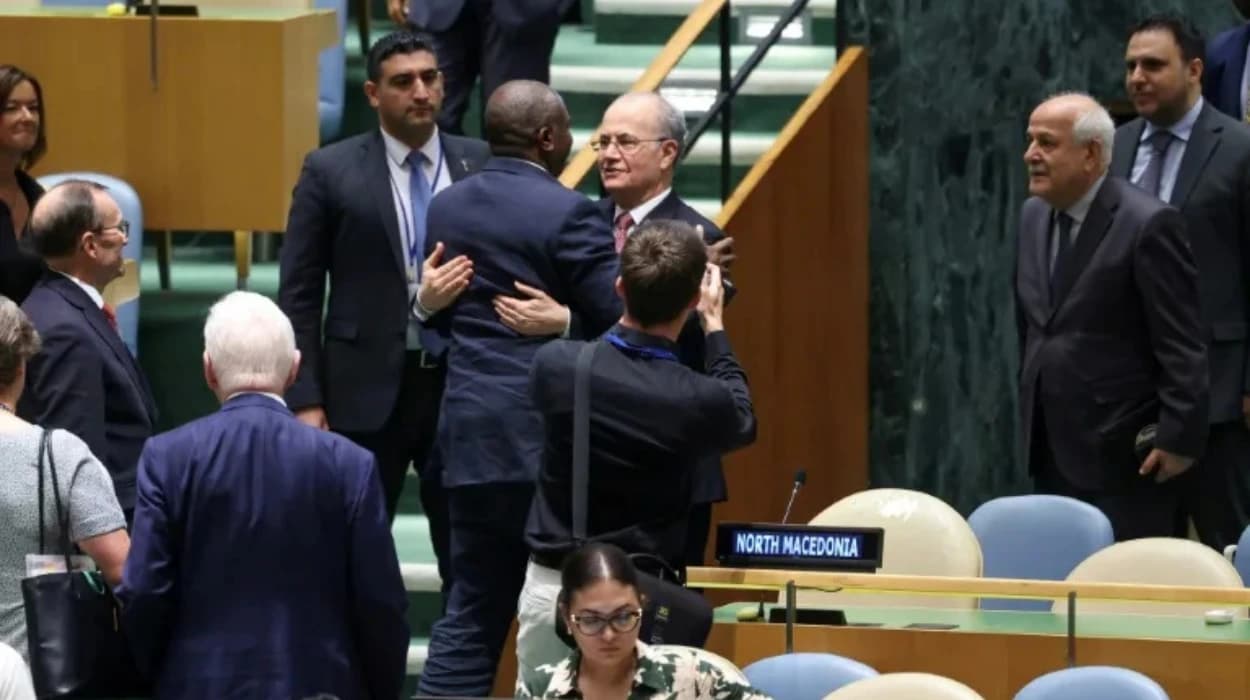Qatar, Saudi Arabia, and Egypt have jointly called on Hamas
to disarm and relinquish its control of Gaza. This significant regional demand
comes amid escalating tensions and conflict, urging a political solution that
involves Hamas stepping down from its governance role in Gaza.
What is the core demand by Qatar, Saudi Arabia, and Egypt regarding Hamas?
Qatar, Saudi Arabia, and Egypt have all publicly urged Hamas
to disarm and abandon its rule over Gaza, signalling a major
regional push for change in the territory's governance. This joint stance
insists that Hamas must relinquish control to enable a more peaceful and
administratively stable environment in Gaza. The call represents a unified Arab
position critical of Hamas's militant activities and governance, especially in
light of recent confrontations and violence affecting the region.
Why are these three countries demanding Hamas give up control of Gaza?
The demand from Qatar, Saudi Arabia, and Egypt arises from
growing concerns about the continuous conflict and instability associated with
Hamas's military operations. Their position reflects:
- A
desire to curb further violence and rocket attacks emanating from Gaza.
- Pressure
for Hamas to disarm as a step towards de-escalation.
- A
call to facilitate humanitarian relief and potentially pave the way for a
different governing authority in Gaza that prioritises diplomacy over
armed struggle.
This collective regional initiative emphasises dialogue and
political solutions over armed resistance, positioning Hamas as a barrier to
peace and reconstruction in Gaza.
How have Qatar, Saudi Arabia, and Egypt coordinated this call?
The coordination among these countries represents a rare
consensus. Each has individually expressed concerns about Hamas’s role but
formalising this shared demand sends a stronger message internationally and
regionally. Reports from multiple media outlets confirm that this stance was
communicated jointly to underline the urgency and seriousness with which these
nations view the situation.
- Qatar,
traditionally seen as a supporter of Hamas, calling for its disarmament is
particularly notable and signals a possible shift in diplomatic posture.
- Saudi
Arabia and Egypt have long opposed Hamas’s militant approach and see this
call as aligning with their security and political interests.
What has been Hamas’s response?
At this stage, Hamas has not officially conceded or altered
its position in light of these calls. Historically, Hamas has resisted
surrendering its arms, viewing itself as a resistance movement against Israeli
control, and unwilling to cede power within Gaza.
What implications does this joint call have for Gaza and the wider region?
The demand for Hamas to disarm and relinquish power could
have far-reaching implications:
- It
puts pressure on Hamas internally, possibly destabilising its authority in
Gaza.
- If
taken seriously, it could lead to new governance arrangements in Gaza,
including potentially greater involvement by Egypt or the Palestinian
Authority.
- It
may reshape regional alliances and influence with Hamas’s traditional
backers.
- The
call underscores the increasing impatience with prolonged conflict and
humanitarian crises in Gaza.
What is the international context for this call?
This development appears against a backdrop of renewed
violence, Israeli military operations in Gaza, and ongoing humanitarian
concerns. The international community largely supports a peaceful resolution,
and this regional initiative may influence broader diplomatic negotiations or
peace efforts.
This report compiles information from multiple media outlets
reporting on this joint Arab statement, reflecting their precise demands and
geopolitical context. The joint call by Qatar, Saudi Arabia, and Egypt underscores
a pivotal moment in Middle Eastern politics, aimed at reducing conflict and
steering Gaza towards a new political reality.
